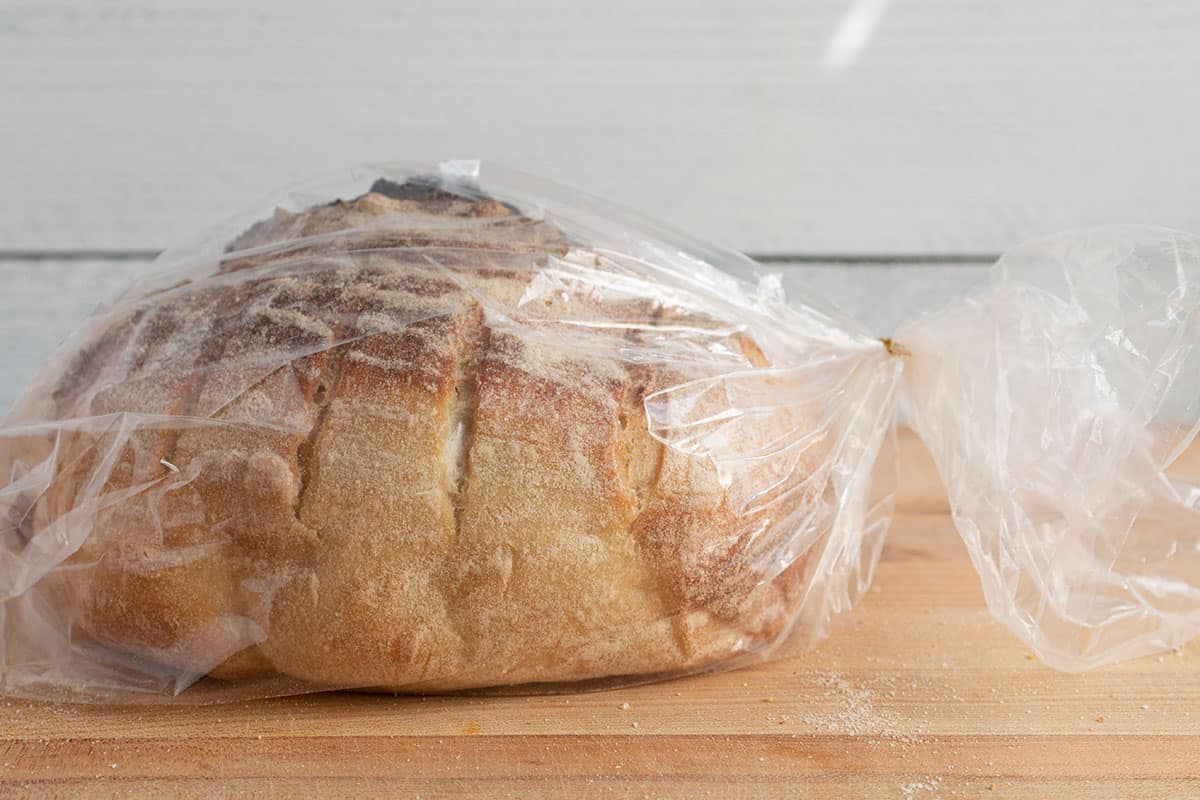

Articles
How To Store Freshly Baked Bread Overnight
Modified: February 18, 2024
Discover the best methods to store your freshly baked bread overnight with our informative articles. Keep your bread soft and delicious for the next day!
(Many of the links in this article redirect to a specific reviewed product. Your purchase of these products through affiliate links helps to generate commission for Storables.com, at no extra cost. Learn more)
Introduction
There’s nothing quite like the aroma and taste of freshly baked bread. Whether you’ve just pulled a warm loaf out of the oven or picked up a freshly baked loaf from the bakery, it’s important to know how to properly store bread to ensure it retains its freshness and flavor. Improper storage can result in stale or dried-out bread, which can be disappointing, especially when you’ve put in the time and effort to bake it yourself or bought it from a local artisan bakery.
In this article, we will explore the best practices for storing freshly baked bread overnight, so you can enjoy that same soft and delicious bread the next day.
Key Takeaways:
- Properly storing freshly baked bread overnight is crucial to maintain its texture, flavor, and overall quality. Whether wrapped in a cloth, stored in a container, or frozen, following best practices ensures delightful bread the next day.
- Maximizing the shelf life of freshly baked bread involves proper storage, cooling, and reheating techniques. By implementing these best practices, you can savor the delightful taste and texture of your bread even after storing it overnight.
Read more: How To Store A Fresh Baked Pie Overnight
Why it’s important to store fresh bread properly
Properly storing fresh bread is crucial to maintain its texture, flavor, and overall quality. When bread is exposed to air, it can quickly lose moisture, resulting in a dry and stale loaf. Additionally, bread is susceptible to absorbing odors from its surroundings, which can alter its taste.
By storing bread correctly, you can prolong its freshness and ensure that every slice is as delightful as the first. Whether you’re saving some for a sandwich the next day or planning to enjoy it over the course of a few days, proper storage is key.
Furthermore, storing bread properly can also help reduce food waste. With the rising awareness of sustainable living, it’s essential to make the most of the food we have. By keeping bread fresh for longer, we minimize the need to throw away stale loaves, contributing to a more sustainable environment.
Best practices for storing freshly baked bread overnight
When it comes to storing freshly baked bread overnight, there are several best practices to keep in mind. These methods will help to preserve its freshness, texture, and flavor:
Option 1: Wrapping bread in a cloth or tea towel
One simple and effective method is to wrap the bread in a clean cloth or tea towel. This helps to protect the crust while allowing air circulation to prevent condensation and maintain a crisp exterior. Make sure the cloth is clean and dry before wrapping the bread tightly. Avoid using plastic bags or plastic wrap, as they can trap moisture and make the bread soggy.
Option 2: Using a bread box or airtight container
Another popular option is to store the bread in a bread box or an airtight container. These containers provide a sealed environment that helps to retain moisture and prevent the bread from drying out. It’s important to choose a container that is the right size for the loaf to avoid unnecessary exposure to air. Additionally, make sure the container is clean and dry before placing the bread inside. Store the container in a cool, dry place, away from direct sunlight.
Read more: How To Store Fresh Baked Cookies Overnight
Option 3: Freezing freshly baked bread
If you’re not planning to consume the entire loaf within a day or two, freezing is a great option to prolong its freshness. Allow the bread to cool completely, then wrap it tightly with plastic wrap or aluminum foil. Place it in a freezer-safe bag or container to prevent freezer burn. When you’re ready to enjoy the bread, thaw it at room temperature or reheat it in the oven to restore its texture.
Whichever method you choose, it’s important to keep in mind that bread is best enjoyed fresh. While these storage methods can help maintain its quality for a day or two, nothing beats the taste of a just-baked loaf. So, try to consume your bread as soon as possible for the ultimate enjoyment.
Option 1: Wrapping bread in a cloth or tea towel
One of the simplest and effective methods to store freshly baked bread overnight is by wrapping it in a cloth or tea towel. This method allows the bread to breathe while still providing some protection from drying out and becoming stale.
When using this method, it’s essential to ensure that the cloth or tea towel is clean and dry. Any moisture present on the fabric can encourage the growth of mold or make the bread soggy. Opt for a lightweight, breathable fabric such as linen or cotton, as they allow for better air circulation.
To wrap the bread, place it on the cloth or tea towel and carefully fold the fabric over the loaf. Make sure to cover the entire loaf, paying extra attention to the cut side to prevent it from drying out. Tightly secure the cloth or tea towel around the bread by tying it with a string or using a rubber band.
Once wrapped, store the bread in a cool, dry place, away from direct sunlight and heat sources. A pantry or a breadbox is an ideal location. Avoid storing it in the refrigerator, as the cold temperature can accelerate staling.
When you’re ready to enjoy the bread the next day, remove the cloth or tea towel and gently re-crisp the crust by placing it in a preheated oven for a few minutes. This helps to revive the texture and freshness of the bread.
The advantage of this method is that it is simple, cost-effective, and readily available. Wrapping the bread in a cloth or tea towel helps to maintain its crust while preventing excessive moisture loss. However, keep in mind that this method is best suited for short-term storage, usually overnight or up to a day or two. For longer storage, consider other options such as airtight containers or freezing.
Overall, wrapping fresh bread in a cloth or tea towel is a reliable way to store it overnight while preserving its quality and taste. It allows the bread to retain its freshness, ensuring that each slice you enjoy the next day is as delightful as the first.
Option 2: Using a bread box or airtight container
Another convenient and effective method for storing freshly baked bread overnight is by using a bread box or an airtight container. These containers provide a sealed environment that helps to retain moisture and prevent the bread from drying out.
When using a bread box, it’s important to choose one that is spacious enough to accommodate the size of the loaf without squishing it. Look for a bread box that has adequate ventilation to allow some air circulation, as too much humidity can make the bread soggy. Place the bread inside the bread box and keep it in a cool, dry place, away from direct sunlight.
If you don’t have a bread box, you can also use an airtight container with a lid. Make sure the container is clean and dry before placing the bread inside. The airtight seal helps to create a controlled atmosphere, preventing excess moisture loss and keeping the bread soft and fresh.
Whether you’re using a bread box or an airtight container, avoid storing other food items with strong odors inside, as bread can absorb these odors and affect its taste. It’s also important to note that this storage method is most effective for short-term storage, typically overnight or up to a few days.
To maintain the quality of the bread, ensure that the container or bread box is kept in a cool and dry location. Moisture and heat can speed up the staling process and make the bread lose its freshness.
When you’re ready to enjoy the bread, simply remove it from the container or bread box and slice it as desired. The bread should still be soft and delicious, with a well-preserved crust.
Using a bread box or airtight container is a convenient way to store freshly baked bread overnight. It helps to retain moisture and prevent the bread from becoming stale. With this method, you can enjoy the same level of freshness and taste the next day, making it an excellent option for those who love to have a supply of bread readily available.
Option 3: Freezing freshly baked bread
If you have a surplus of freshly baked bread and want to extend its shelf life beyond a couple of days, freezing is a fantastic option. Freezing helps to preserve the bread’s freshness, flavor, and texture for a longer period of time.
To freeze freshly baked bread, it’s important to allow it to cool completely before proceeding. Once cooled, wrap the bread tightly with plastic wrap or aluminum foil. This helps to prevent freezer burn and maintains the bread’s moisture. For added protection, place the wrapped bread in a freezer-safe bag or container to create an extra layer of insulation.
Label the container or bag with the date to keep track of when the bread was frozen. It’s recommended to use frozen bread within three months for the best quality, although it can be stored longer if necessary.
When you’re ready to enjoy the bread, there are a few methods for thawing and reheating:
- Thaw at room temperature: Remove the bread from the freezer and let it thaw at room temperature. This can take a few hours, depending on the size of the loaf. Once thawed, you can slice and enjoy the bread as is or warm it up briefly in the oven to restore its texture.
- Oven reheating: Preheat your oven to a low temperature (around 300°F or 150°C). Remove the frozen bread from its packaging and place it directly on the oven rack or a baking sheet. Bake for approximately 10-15 minutes, or until the bread is warmed through and the crust becomes crisp.
- Toasting: You can also toast frozen bread slices directly from the freezer. Place them in a toaster or toaster oven and toast until they reach your desired level of crispness. This method works particularly well for smaller portions or individual slices.
Remember that once bread has been thawed, it should not be refrozen. Thawed bread is best consumed within a few days to ensure optimal taste and texture.
Freezing freshly baked bread is a fantastic way to extend its shelf life and have a supply of bread on hand whenever you need it. This option is ideal for those who bake in bulk or want to stock up on bread for future use.
Store freshly baked bread overnight in a paper bag or bread box to help retain its crust and prevent it from becoming too soft. Avoid storing it in plastic, as this can trap moisture and make the bread soggy.
Read more: How To Store Freshly Baked Bread
Tips for maintaining freshness and flavor
While storing freshly baked bread overnight can help preserve its quality, there are a few additional tips to keep in mind to ensure maximum freshness and flavor:
1. Wait for the bread to cool completely: Before storing the bread, it’s crucial to let it cool down completely. Cooling allows the bread’s moisture to distribute evenly throughout the loaf, resulting in a better texture and taste.
2. Avoid slicing the entire loaf: If you’re storing a whole loaf, it’s best to keep it intact until you’re ready to consume it. Sliced bread tends to dry out faster than unsliced bread since more surface area is exposed to air.
3. Reheat bread: If you find that your bread has dried out slightly, you can quickly revive it by reheating it. Whether you choose to warm it in the oven, toast it, or briefly microwave it, reheating can help restore moisture and make the bread soft and enjoyable again.
4. Store bread in the right environment: Bread is best stored in a cool, dry place, away from direct sunlight and heat sources. Excessive heat and moisture can accelerate staling and promote mold growth. Avoid storing bread in the refrigerator, as the cold temperature can dry it out quickly.
5. Use a bread knife for slicing: When you’re ready to slice the bread, use a sharp bread knife. A bread knife is designed with a serrated edge that helps cut through the crust without squashing the loaf, resulting in cleaner and more even slices.
6. Consider portioning the bread: If you only need a few slices at a time, consider slicing the loaf and storing the individual slices. This way, you can take out only what you need and keep the remaining slices fresh for a longer time.
7. Avoid storing bread near strong odors: Bread has a tendency to absorb surrounding odors, which can affect its taste. Keep it away from pungent foods like onions, garlic, or strong cheeses to maintain its original flavor.
8. Use bread within a few days: While stored bread can still be enjoyable, it’s best to consume it within a few days for optimal freshness. After that, it may start to lose its moisture and texture.
By following these tips, you can maximize the shelf life of your freshly baked bread and ensure that each slice is delicious and satisfying. Proper storage and handling go a long way in maintaining the quality of your bread, allowing you to enjoy it to the fullest.
Conclusion
Properly storing freshly baked bread overnight is essential to maintain its freshness, texture, and flavor. Whether you choose to wrap it in a cloth, use a bread box or airtight container, or freeze it, each method has its advantages in preserving the quality of the bread.
By wrapping bread in a cloth or tea towel, you can protect the crust while allowing air circulation, preventing moisture loss and maintaining a crisp exterior. Using a bread box or an airtight container creates a sealed environment that helps retain moisture and prevents the bread from drying out. Freezing freshly baked bread is an excellent option for preserving it for an extended period, allowing you to enjoy it at your convenience.
Regardless of the method you choose, it’s important to follow a few guidelines to maximize the freshness and flavor of your bread. Let the bread cool completely before storing it, avoid slicing the entire loaf, and store it in a cool, dry place away from strong odors. You can also consider reheating or toasting the bread to restore its moisture and texture.
Remember that while these methods can prolong the freshness of bread for a certain period, nothing beats the taste of freshly baked bread. Try to consume your bread as soon as possible for the ultimate enjoyment.
By implementing these best practices and tips, you’ll be able to savor the delightful taste and texture of your freshly baked bread even after storing it overnight. So, go ahead, bake that delicious loaf, and confidently store it knowing that it will still be just as delicious when you enjoy it the next day.
Frequently Asked Questions about How To Store Freshly Baked Bread Overnight
Was this page helpful?
At Storables.com, we guarantee accurate and reliable information. Our content, validated by Expert Board Contributors, is crafted following stringent Editorial Policies. We're committed to providing you with well-researched, expert-backed insights for all your informational needs.

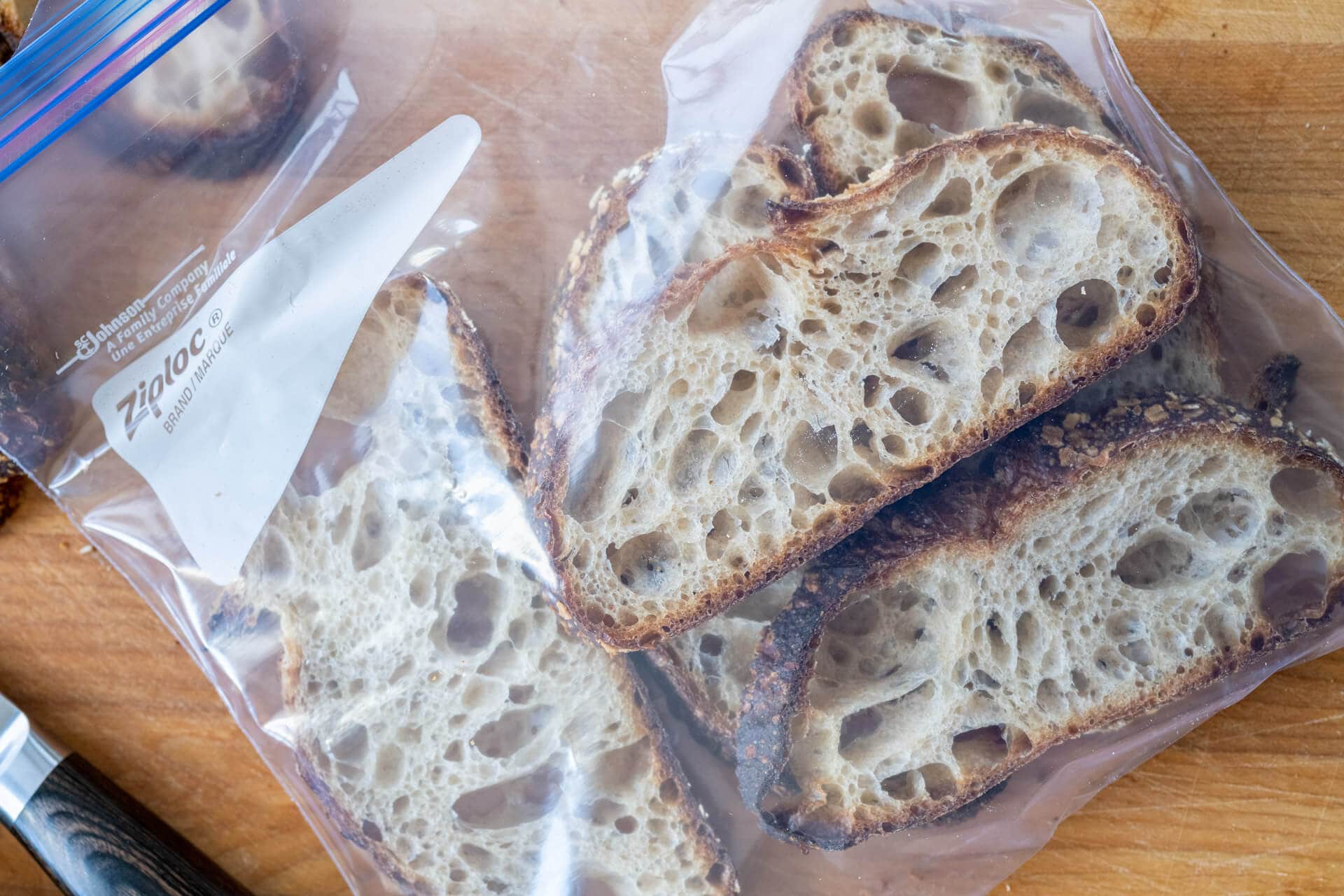
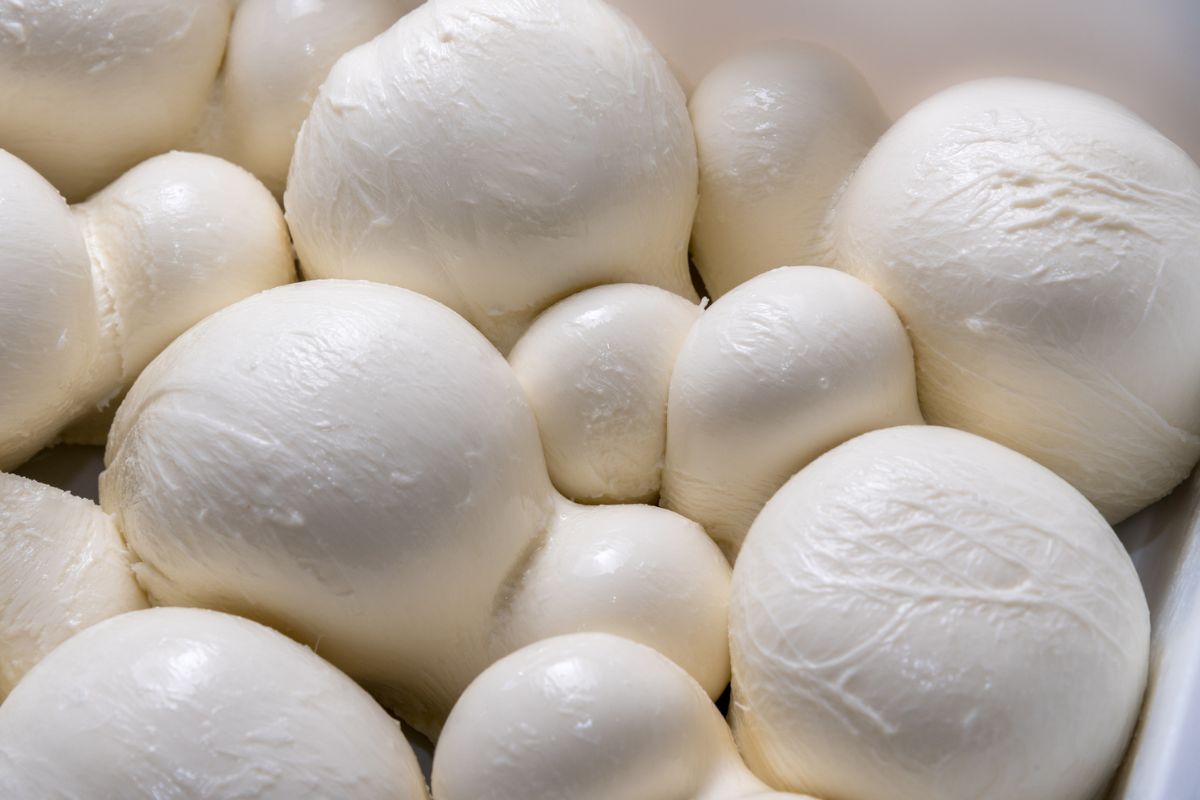
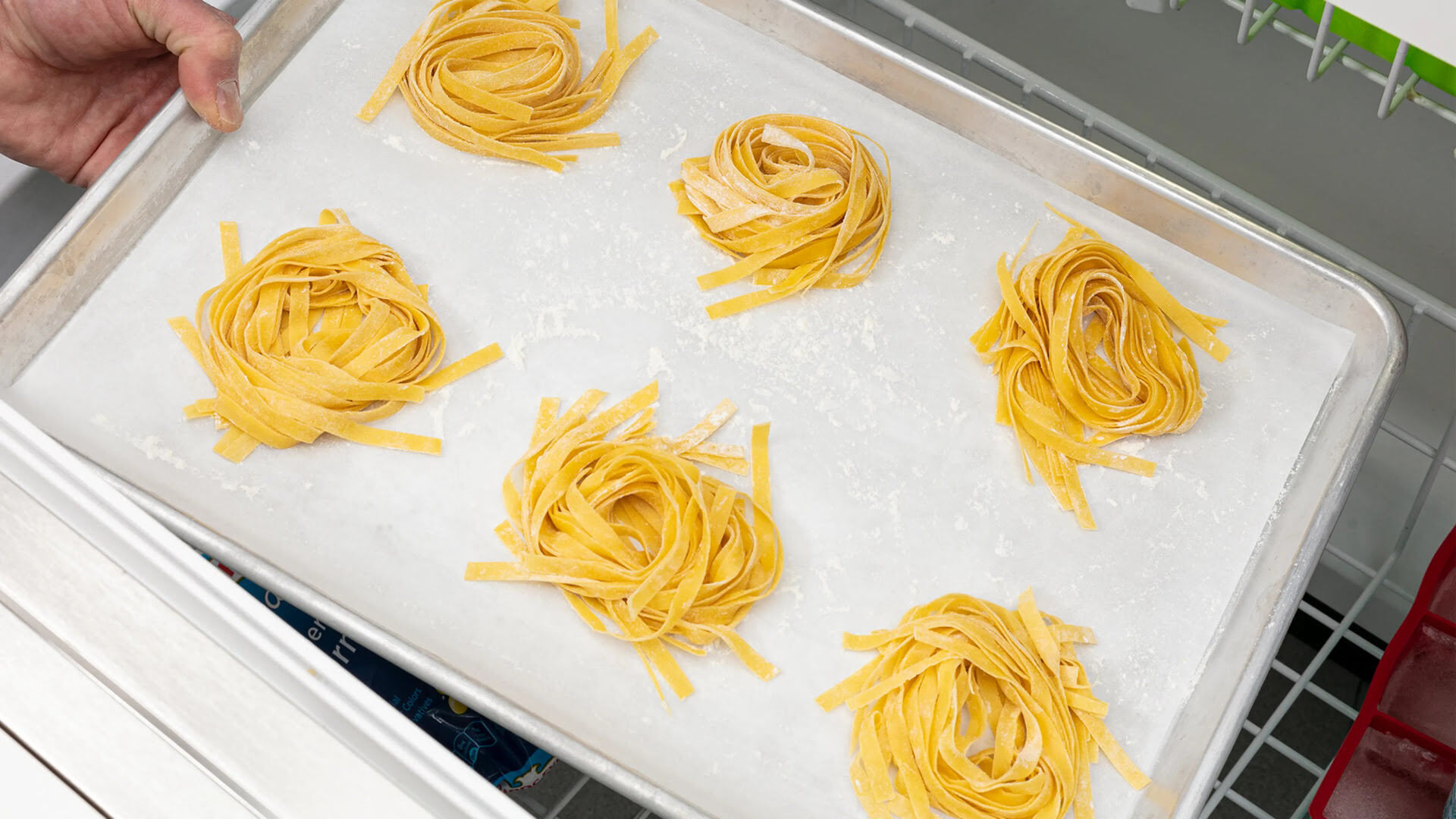
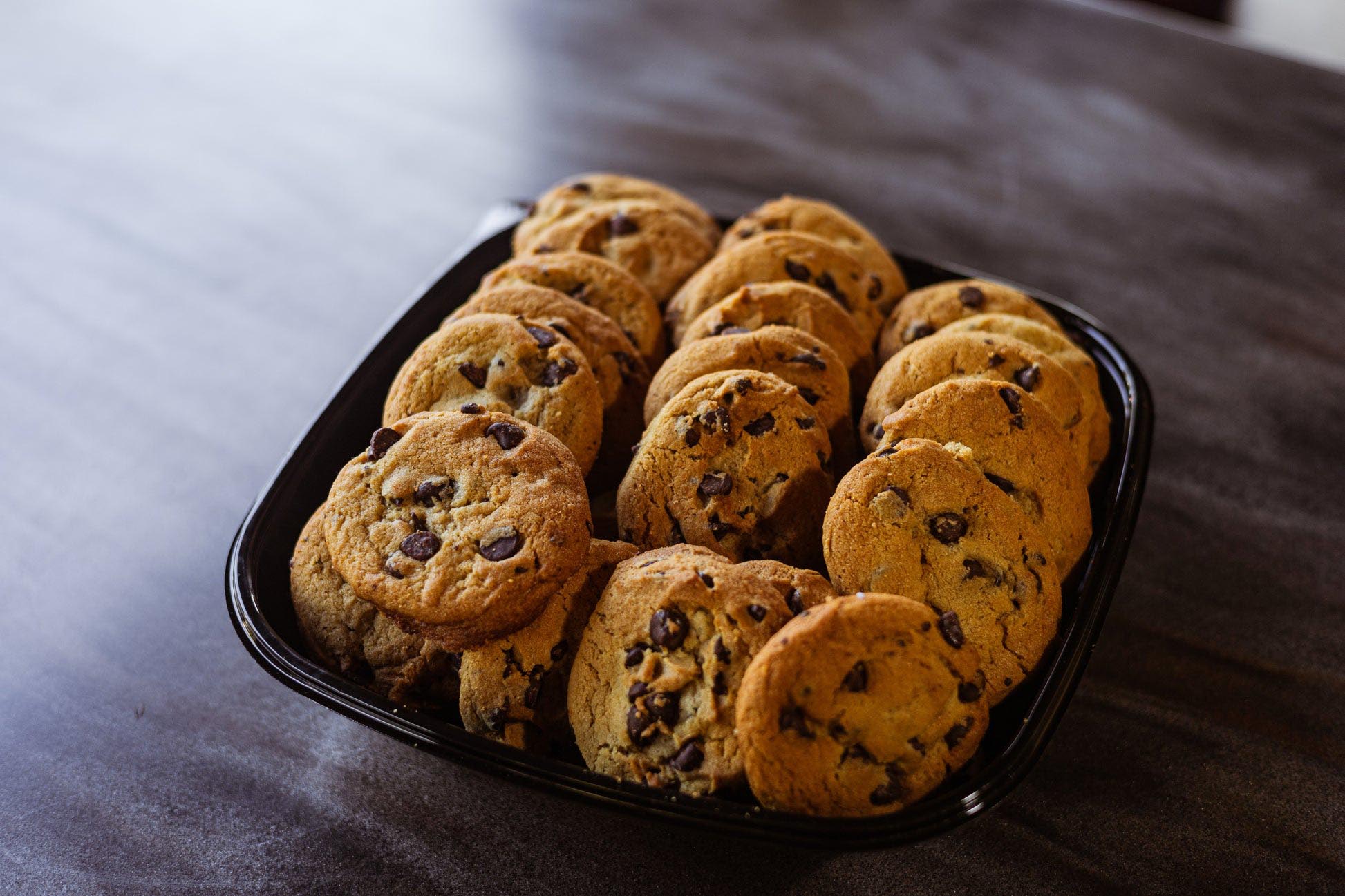
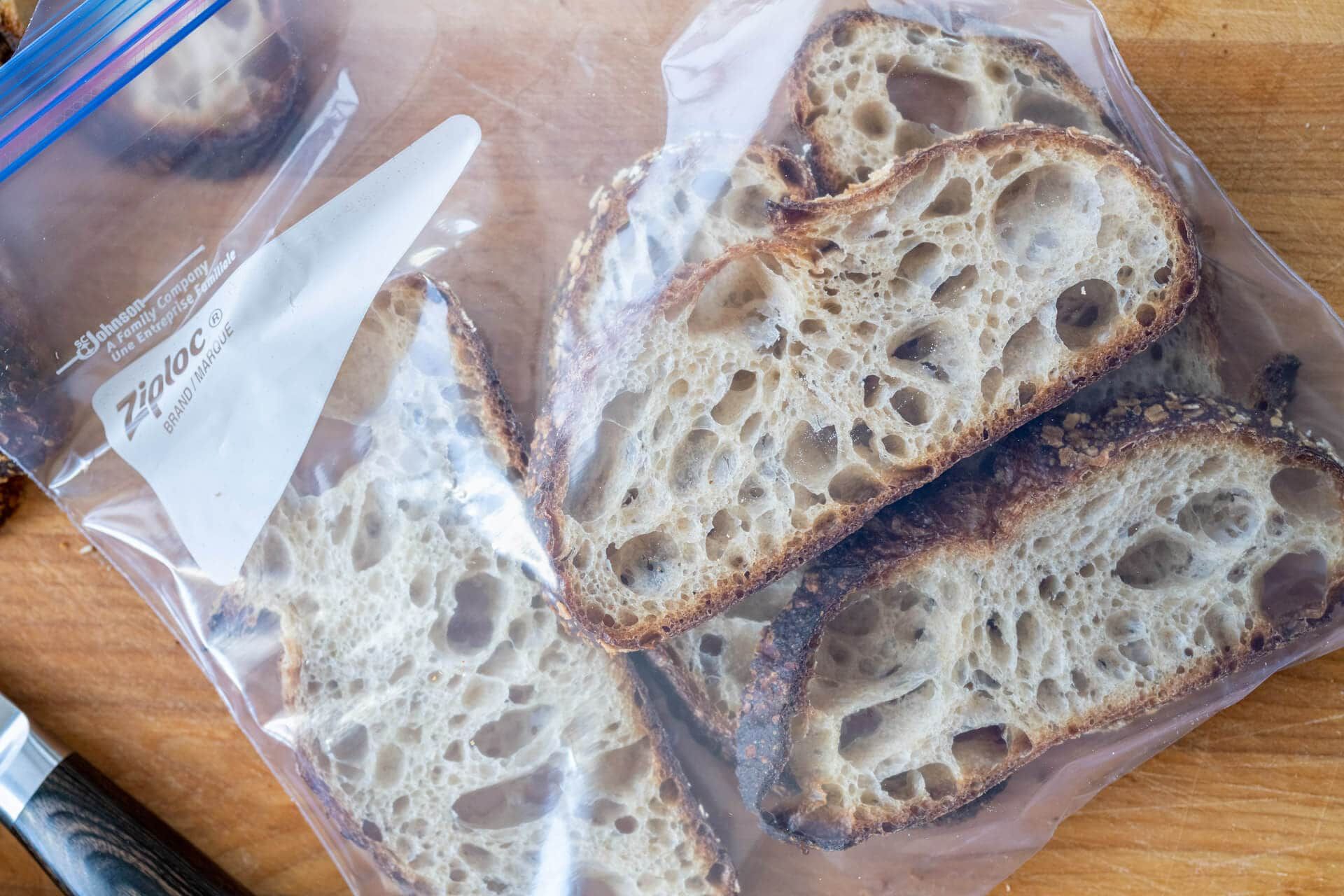
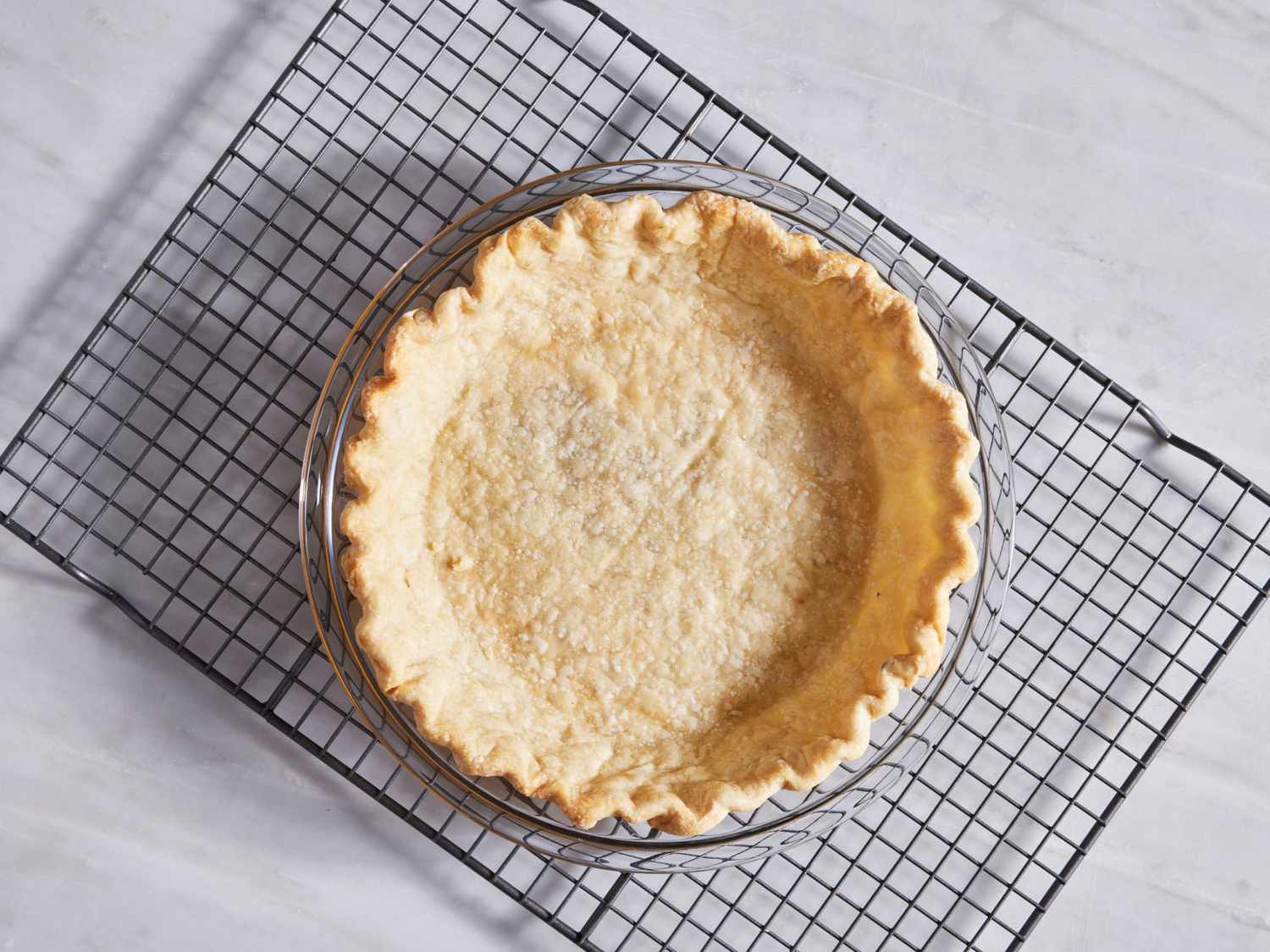
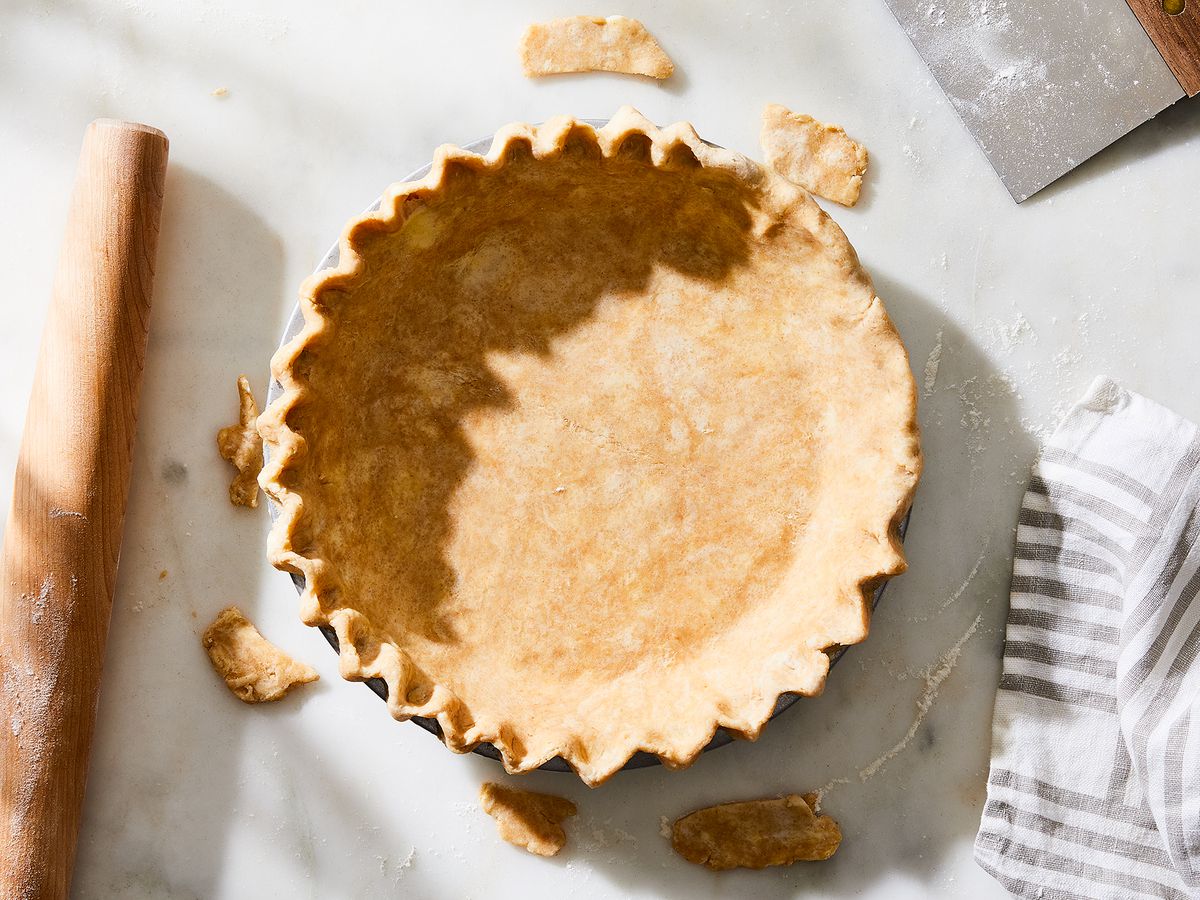


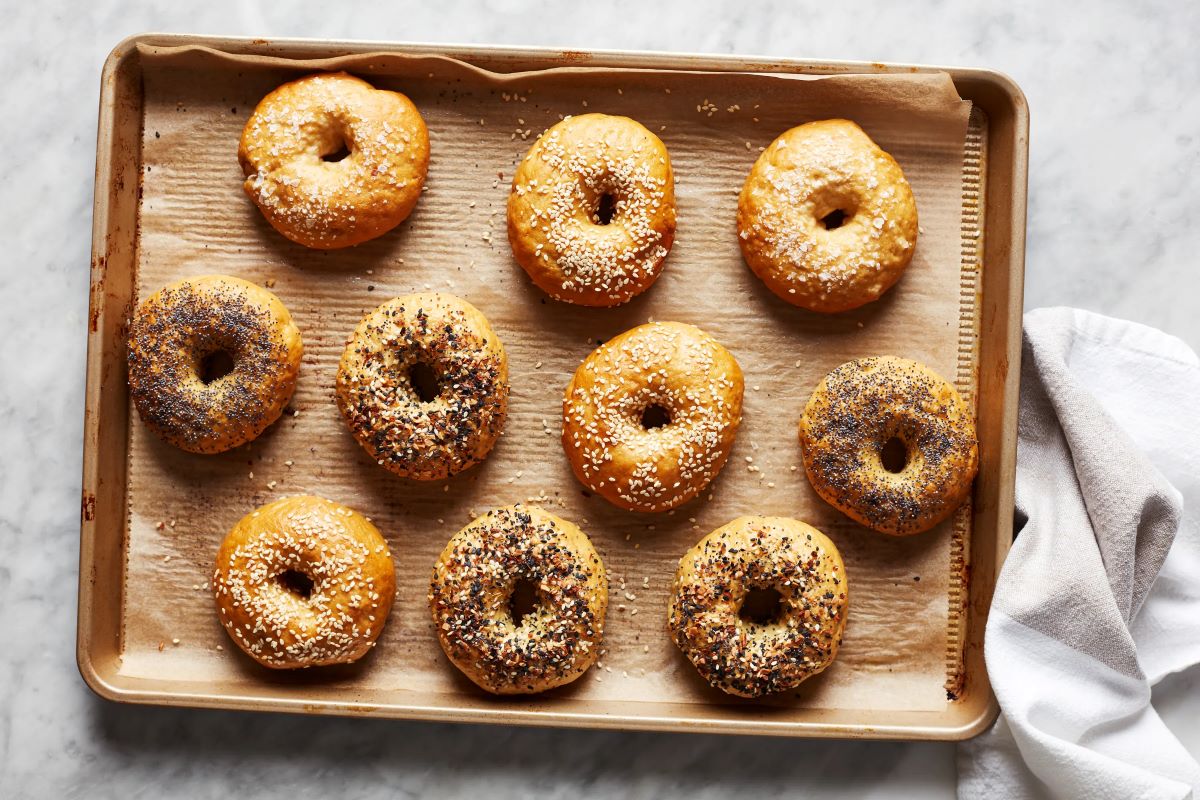
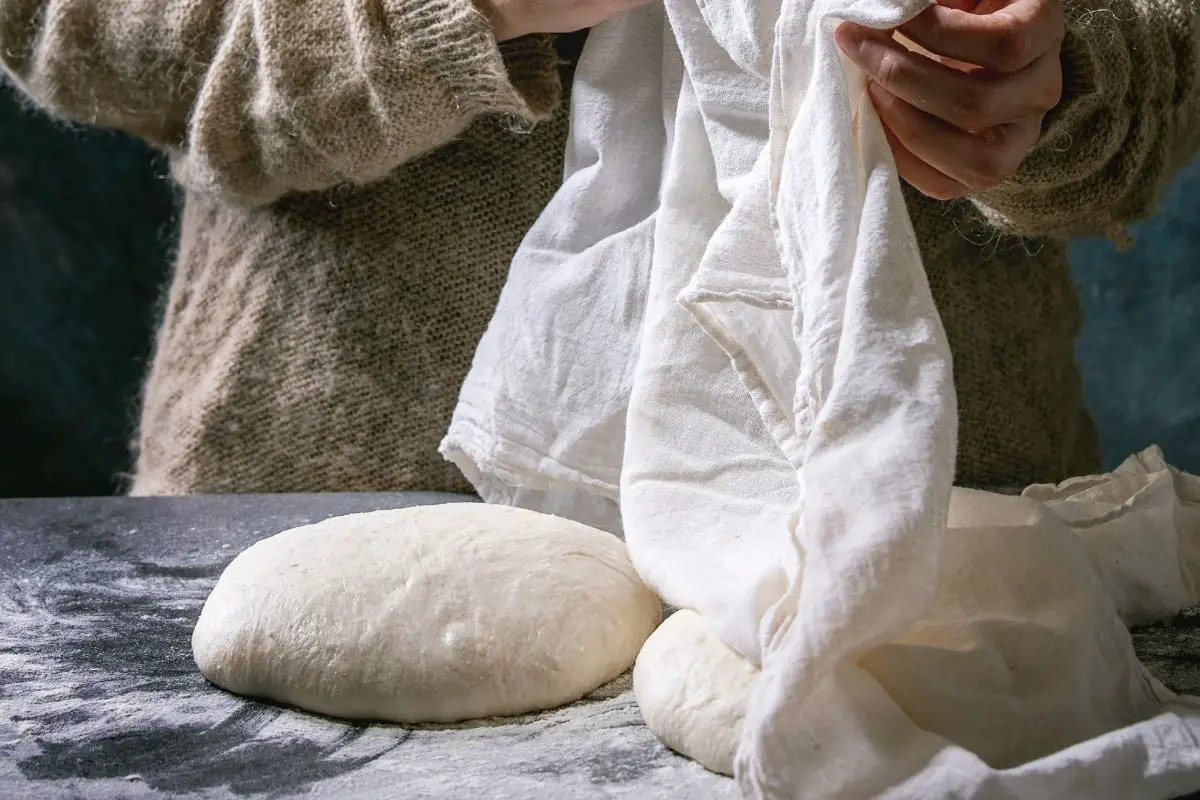
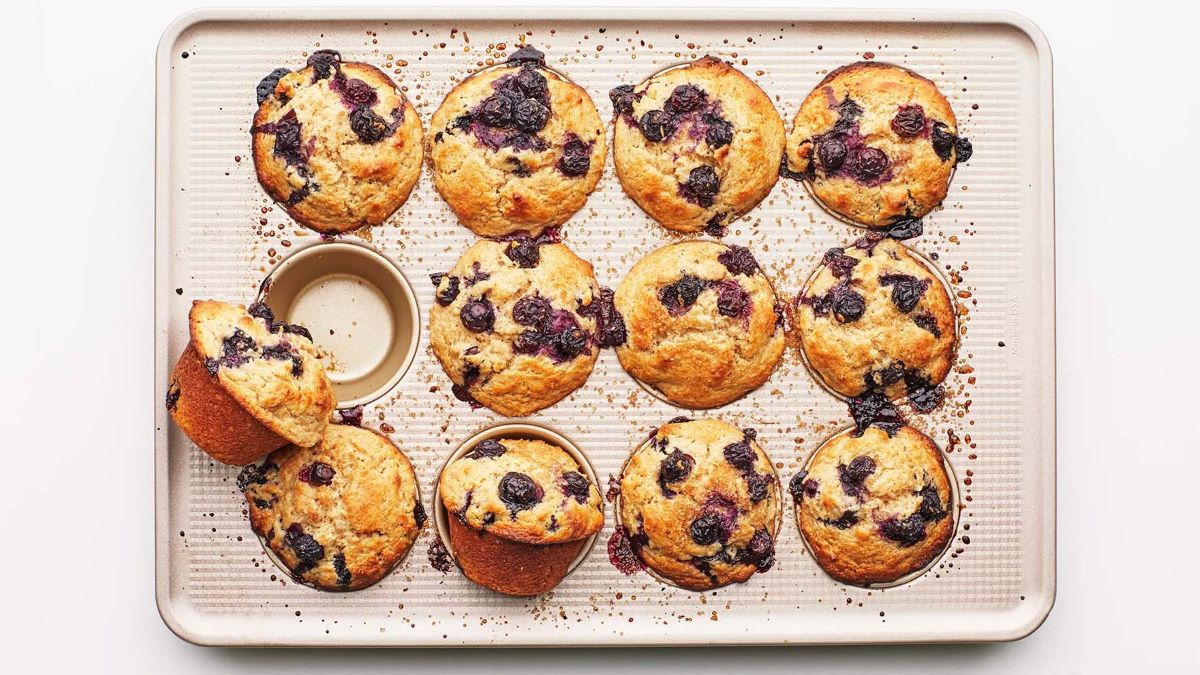

0 thoughts on “How To Store Freshly Baked Bread Overnight”